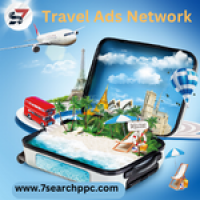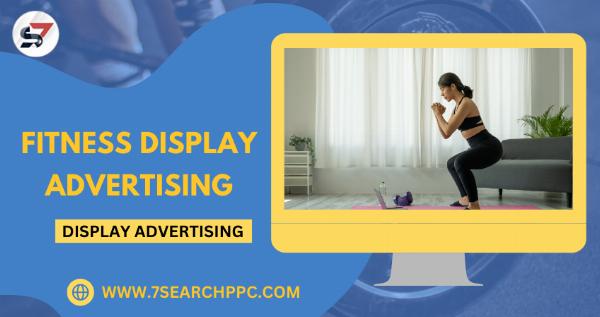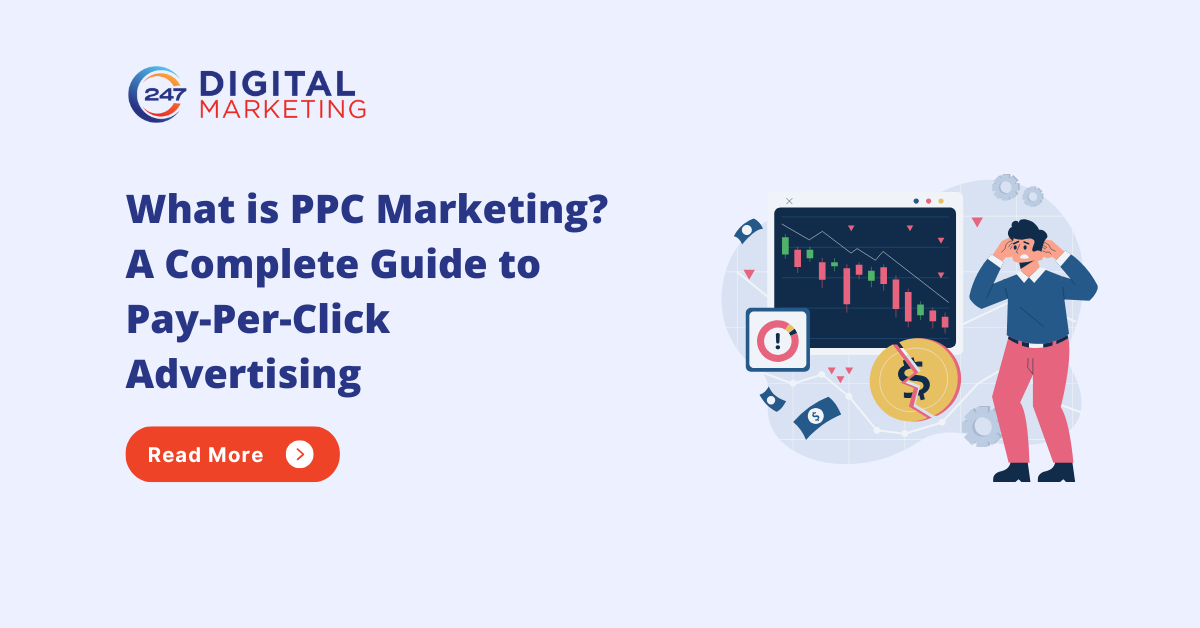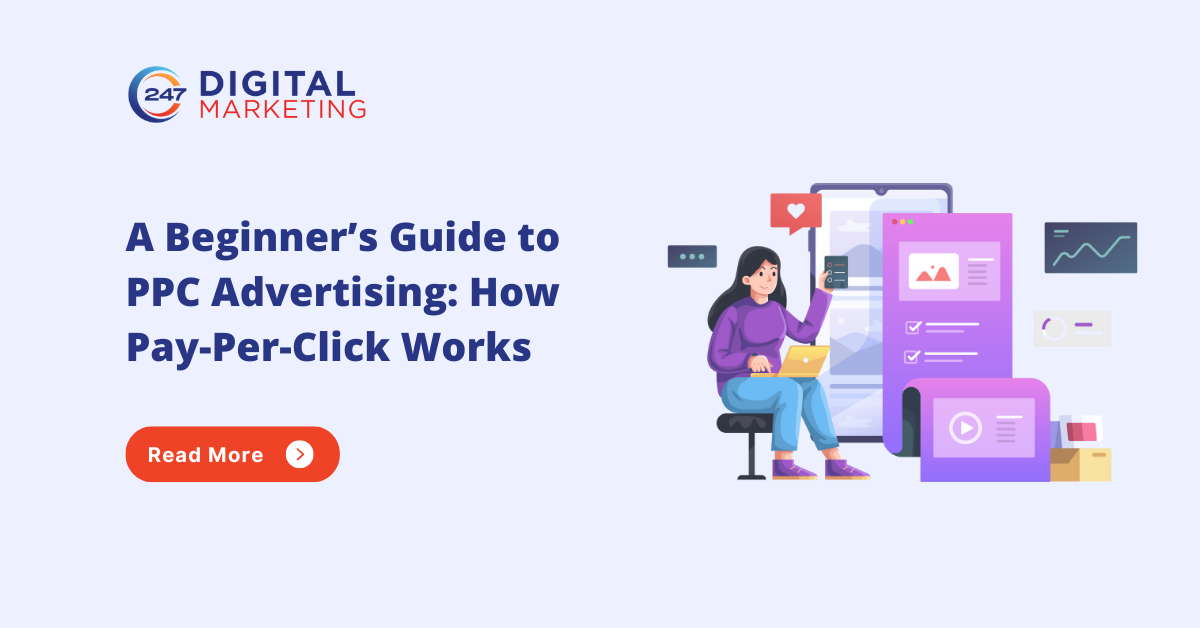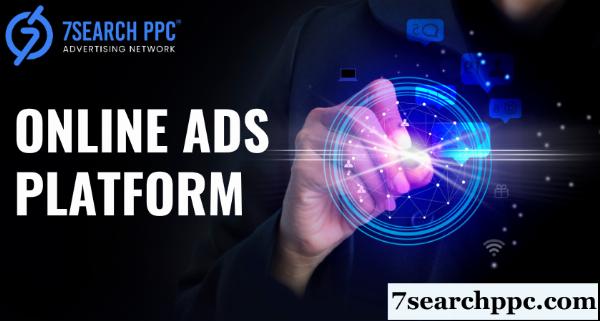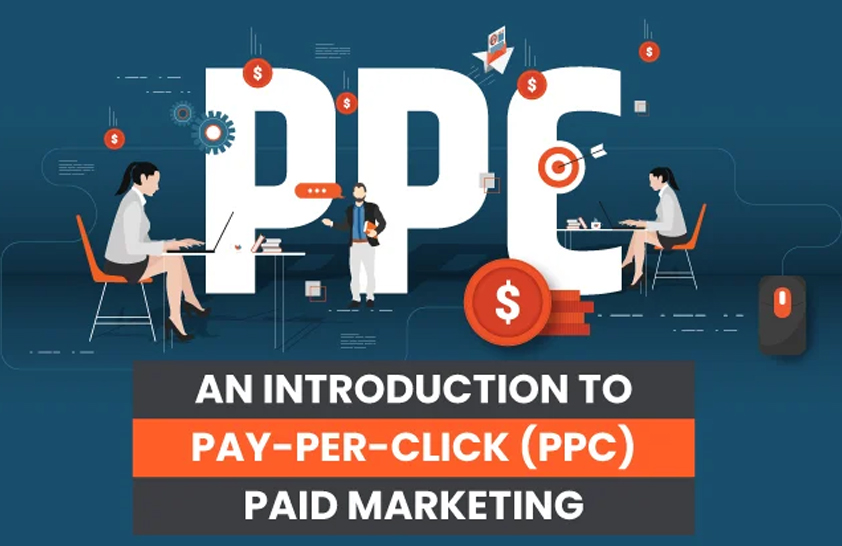How to Use PPC Ads to Successfully Promote Your Tourism Business
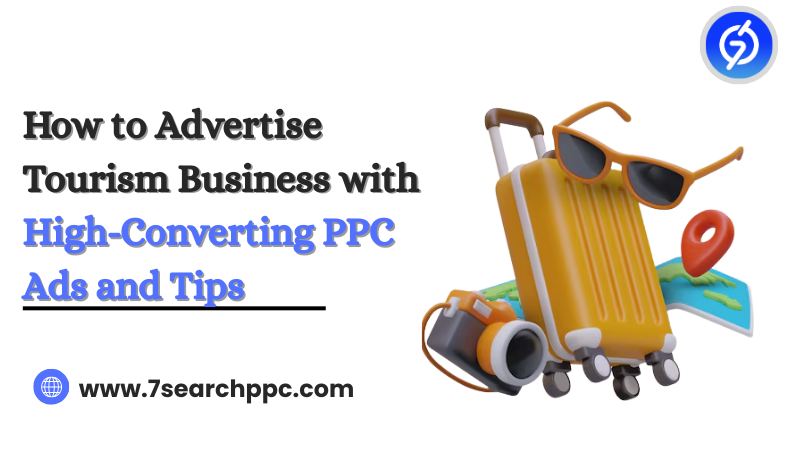
Strong 8k brings an ultra-HD IPTV experience to your living room and your pocket.
In today’s digital world, advertising a tourism business requires a well-thought-out strategy that drives traffic to your website, increases bookings, and ultimately boosts your revenue. Pay-per-click (PPC) advertising is one of the most effective ways to advertise tourism businesses online. In this article, we’ll explore how to harness the power of PPC ads to promote your tourism business and increase your website traffic.
Why PPC Ads are Crucial for Advertising Tourism Business
Pay-per-click (PPC) ads are a form of digital advertising where businesses only pay when a user clicks on their ad. This model provides an excellent way for tourism businesses to reach targeted customers effectively and efficiently. Whether you run a hotel, a tour agency, or a travel service, PPC can help you generate leads and sales through paid search engines like Google Ads, Bing Ads, and social media platforms like Facebook and Instagram.
Benefits of PPC Ads for Tourism Business Promotion
- Targeted Reach: With PPC ads, you can target specific keywords related to your tourism services. This means you’re showing your ad to users actively searching for what you offer, increasing the chances of conversion.
- Cost-Effective: Since PPC is a pay-per-click model, you can control your budget and only pay for actual engagement, making it a cost-effective way to drive traffic to your tourism website.
- Quick Results: Unlike organic SEO, which can take months to show significant results, PPC ads generate immediate traffic, making it a great option for businesses that need fast results.
- Measurable ROI: PPC campaigns offer detailed analytics, allowing you to track performance and measure return on investment (ROI) effectively.
Key Steps to Create High-Converting PPC Ads for Tourism Businesses
Creating PPC ads for your tourism business isn’t just about bidding on keywords; it’s about crafting a strategy that resonates with your target audience and delivers value. Below are the essential steps to help you advertise your tourism business successfully through PPC ads.
Understand Your Target Audience
Before launching any PPC campaign, you need to have a clear understanding of who your potential customers are. Are you targeting adventure travelers, families, luxury travelers, or business tourists? Knowing your audience will help you design tailored ad campaigns that speak directly to their needs.
- Demographics: Age, gender, income, and geographic location.
- Interests: What do they enjoy doing? Are they looking for relaxation, adventure, cultural experiences, etc.?
- Behavior: Are they looking for a quick getaway, a long vacation, or a business trip?
Understanding these factors will allow you to create relevant ads that convert.
Choose the Right Keywords
Keywords are the foundation of any PPC campaign. You must target keywords that not only attract visitors but also lead to conversions. For example, instead of bidding on generic terms like “travel,” focus on specific terms such as “affordable beach resorts in Thailand” or “luxury ski packages in Aspen.”
Here’s how to identify the best keywords:
- Use Tools: Leverage keyword research tools like Google Keyword Planner, SEMrush, or Ahrefs to find terms that are frequently searched by your target audience.
- Competitor Research: Analyze the keywords used by competitors in your industry.
- Long-Tail Keywords: Incorporate long-tail keywords like “best family-friendly resorts in Bali” to capture more qualified leads.
Create Engaging and Persuasive Ad Copy
Your PPC ad copy needs to be compelling enough to encourage potential customers to click on your ad. Here’s how to craft high-converting ad copy:
- Highlight Unique Selling Points: What sets your tourism business apart from others? Is it your unique packages, exceptional customer service, or unbeatable prices? Make sure this is clear in your ad copy.
- Include a Strong Call to Action (CTA): Phrases like “Book Now,” “Find Out More,” or “Get Started Today” can prompt users to take action. Make sure your CTA is clear and urgent.
- Use Emotional Appeal: Tourism is an emotional purchase. Appeal to the wanderlust of your audience by using words that evoke emotions related to travel—freedom, adventure, relaxation, and discovery.
Optimize Landing Pages for Conversions
Your landing page plays a crucial role in converting visitors who click on your PPC ad. If the landing page is not aligned with the ad or doesn’t offer a seamless experience, you risk losing the potential lead. Here’s how to optimize your landing pages:
- Consistency with Ad Copy: Ensure that the message on the landing page matches the ad. If your ad promotes a “luxury vacation in Italy,” your landing page should provide information on luxurious accommodations, services, and experiences in Italy.
- Clear and Simple Design: Make your landing page visually appealing, but don’t overwhelm the visitor with too many elements. Keep the design simple, intuitive, and user-friendly.
- Mobile Optimization: A large percentage of travelers browse and book trips on their mobile devices. Ensure that your landing page is fully optimized for mobile users to avoid losing potential leads.
- Easy Booking Process: If your goal is to convert traffic into bookings, make sure the booking process is easy and quick. Implement tools like booking forms, price calculators, or availability checkers to make the user journey seamless.
Maximizing the Effectiveness of Your PPC Campaigns for Tourism Business
Once you’ve set up your PPC campaign, the work doesn’t stop there. To continually improve and optimize your ads, follow these best practices:
A/B Testing
Regularly perform A/B tests on your ad copy, keywords, landing pages, and call-to-action buttons to identify what works best. Small changes can make a big difference in your conversion rates. Test different headlines, offers, or images to see which combination yields the highest results.
Monitor Analytics and Adjust Campaigns
Use tools like Google Ads or Facebook Ads Manager to track the performance of your campaigns. Keep an eye on metrics like Cost Per Click (CPC), Click-Through Rate (CTR), and conversion rates to gauge the success of your ads. Adjust your targeting, bid amounts, or ad copy based on performance to maximize your ROI.
Retargeting Campaigns
Retargeting is a powerful strategy in tourism advertising. Many users may visit your website but leave without booking a trip. Retargeting allows you to show your ads to these users again as they browse other websites or social media platforms, reminding them of your offers and encouraging them to finalize their booking.
Leverage Seasonal and Event-Based Campaigns
Tourism is often seasonal, and there are specific events or holidays that travelers may be more likely to book a trip around. Consider running time-sensitive PPC campaigns around major holidays, festivals, or peak travel seasons to increase your bookings.
7Search PPC: A Cost-Effective Alternative
When advertising a tourism business, you may want to explore alternative PPC networks like 7Search PPC. This platform offers an affordable solution for tourism business owners looking to maximize their advertising budget. With 7Search, you can target long-tail keywords, reduce competition, and often see a higher return on investment compared to larger platforms like Google Ads.
Create Your Campaign & Get Results!
Why Choose 7Search PPC for Tourism Advertisement?
- Lower Costs: 7Search PPC tends to have lower CPC (Cost Per Click) rates, making it ideal for businesses with smaller budgets who still want to drive targeted traffic.
- Less Competition: Since 7Search is a smaller network compared to Google Ads, your ads can stand out more easily, giving you better visibility with fewer competing businesses.
- Targeting Niche Audiences: With a lower cost structure, 7Search allows you to focus on niche tourism markets that might be underrepresented on other platforms.
Running PPC ads through 7Search allows you to build highly targeted campaigns for your tourism business while maintaining a more flexible and budget-friendly approach.
Conclusion
PPC advertising offers tourism businesses a strategic way to increase website traffic, boost visibility, and drive conversions. By understanding your audience, choosing the right keywords, creating persuasive ad copy, and optimizing your landing pages, you can craft high-converting PPC ads that effectively promote your tourism business. With continuous monitoring and optimization, your PPC campaigns will become a powerful tool for promoting your tourism business and generating sustainable growth.
By following the steps in this guide, you can take your tourism advertisement strategies to new heights and see measurable results that will increase your bookings and revenue.
Note: IndiBlogHub features both user-submitted and editorial content. We do not verify third-party contributions. Read our Disclaimer and Privacy Policyfor details.

